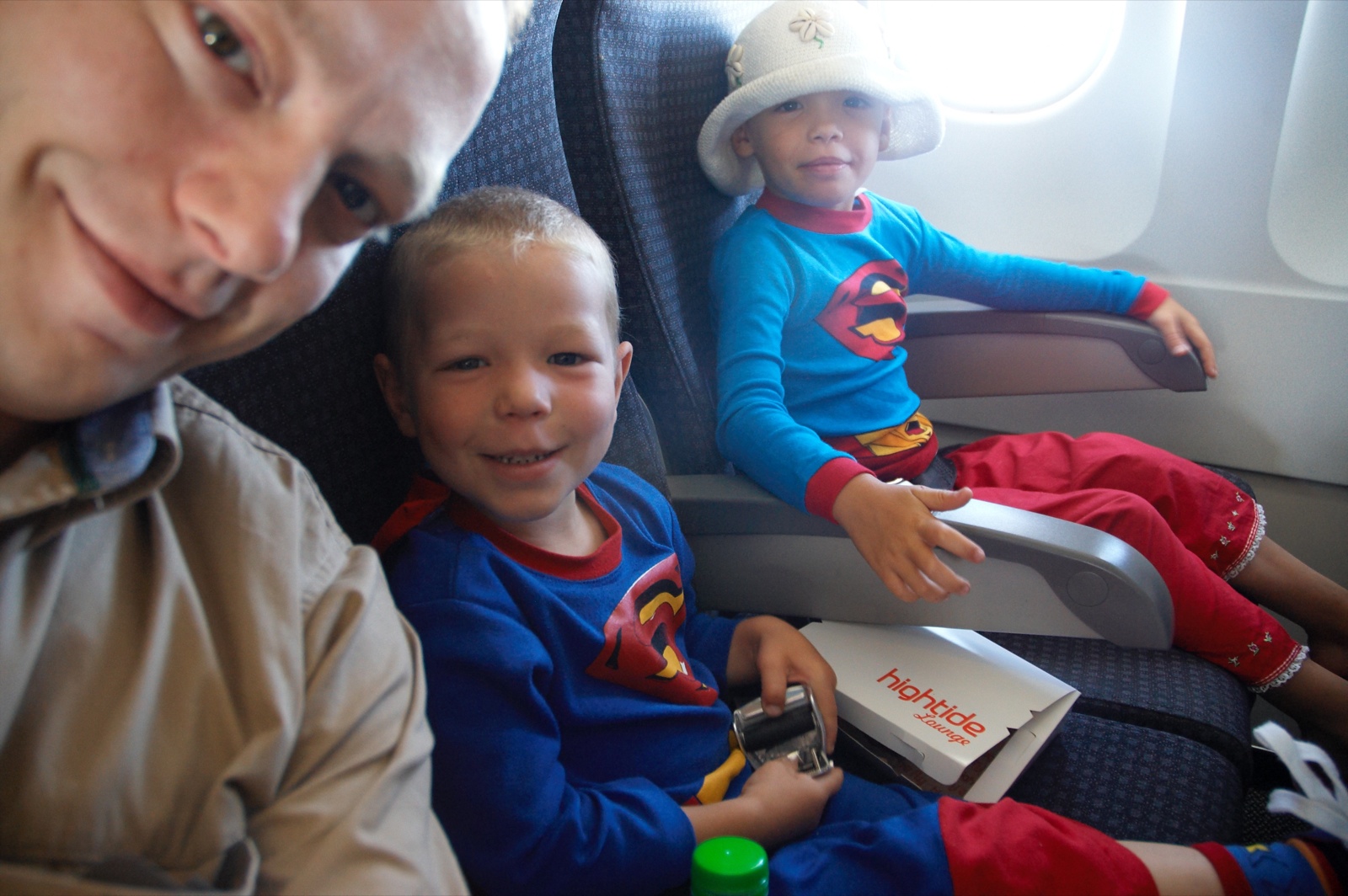Recently I starting working with a 7 year-old boy who had trouble with his R sound, a very common situation in my practice. After the initial intake session the boy’s mother asked me about any strategies or suggestions for explaining his challenge to the boy’s younger sister, who was able to perfectly articulate R and all other speech sounds. “How do I talk to her about speech challenges?” I think I gave mom a good idea, in an off-the-cuff way, but it did get me thinking about how parents could be better equipped to explain to their kids about the best way for them to think about a speech challenge in a friend or family member. The name of the game here is empathy and the more we can foster this sense of empathy, no matter the severity of that speech challenge, the easier we can make the process of speech therapy. Therapy doesn’t just occur in the clinician’s office or in the school speech room, it also happens among friends and family members.
Strategies for Teaching Yes and No in Speech Therapy
Speech Therapy Techniques
Though it might seem as though your child communicates “no” all the time (maybe he protests, maybe she runs away, he might sign “all done”), teaching children with language impairments to express the words, “yes” and “no” can sometimes be a challenge in speech therapy. These two simple words can carry a conversation. By being able to answer these questions a child can describe preferences, answer questions, and clearly express their wants and needs. It is an important part of development and often challenging in the toddler years when everything seems like a “nooo!” Being able to accurately answer “yes” and “no” questions can reduce communications frustration for children with language disorders, specifically autism, Down syndrome, cerebral palsy or developmental delays.


